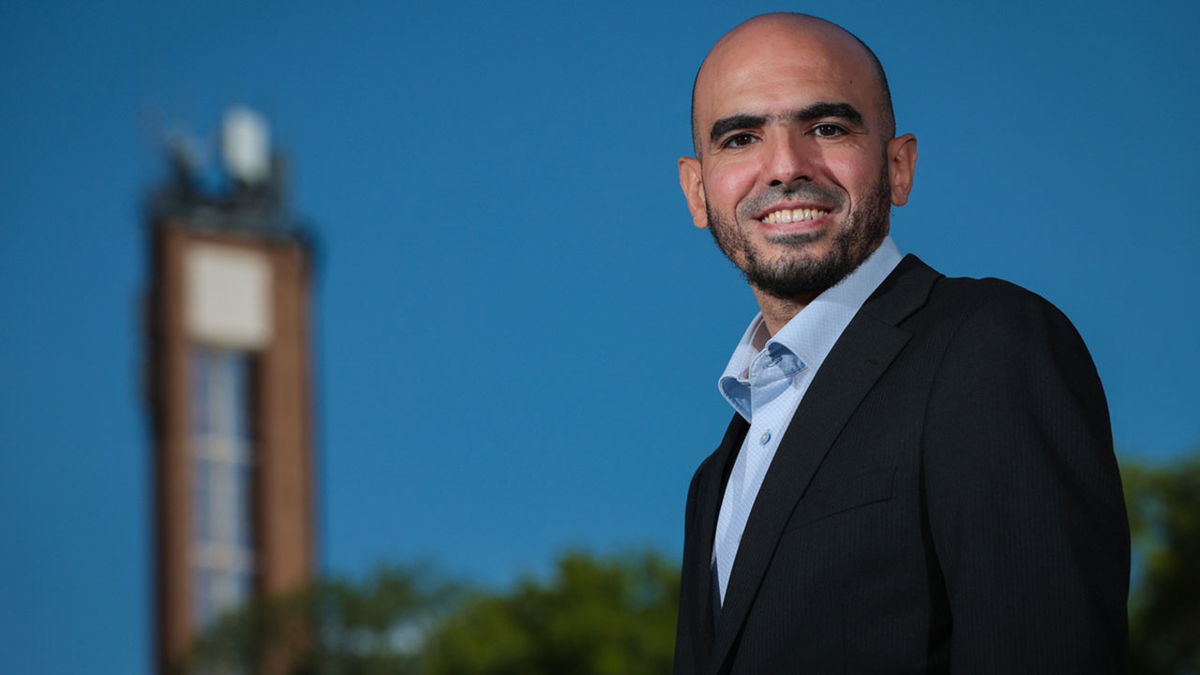ISU researcher to develop AI for 6G wireless networks

POCATELLO, Idaho (KIFI) - The cutting-edge research to develop the next generation of mobile networks will be happening at Idaho State University.
Recently, Mostafa Fouda, assistant professor of electrical and computer engineering, was awarded a $225,000, three-year grant from the National Science Foundation to develop an artificial intelligence system that will help manage the stability of future 6G wireless networks. During the course of his research, Fouda will be collaborating with colleagues in Japan at Tohuku University and at Tenessee Tech University.
“The AI we have in mind will help future 6G users have an extremely reliable connection,” Fouda said. “When we’re done, we hope to have a roadmap that will advance 6G networks in a new direction.”
The AI Fouda is proposing will learn the conditions on the network - things like wireless channel conditions and traffic load - and use the information it gathers to make network management decisions that keep the network stable and running smoothly.
“High-quality 6G connections will be able to support applications for remote surgery, virtual reality, haptic communication, augmented reality, and more,” Fouda said. “I look forward to working with my colleagues and developing this technology that will have a worldwide impact.”
In total, only five proposals from around the country were awarded a grant from the National Science Foundation.
“I’d like to commend Mostafa on receiving this grant from the National Science Foundation,” said Steve Chiu, professor and chair of the Department of Electrical and Computer Engineering. ”Grants like this are highly competitive and I look forward to seeing the results of his research. 6G networks will improve the quality of life for millions across the globe and Mostafa’s work will be instrumental in ensuring these next-generation networks stay up and running.”
6G internet connections are expected to be commercially available in 2030.






